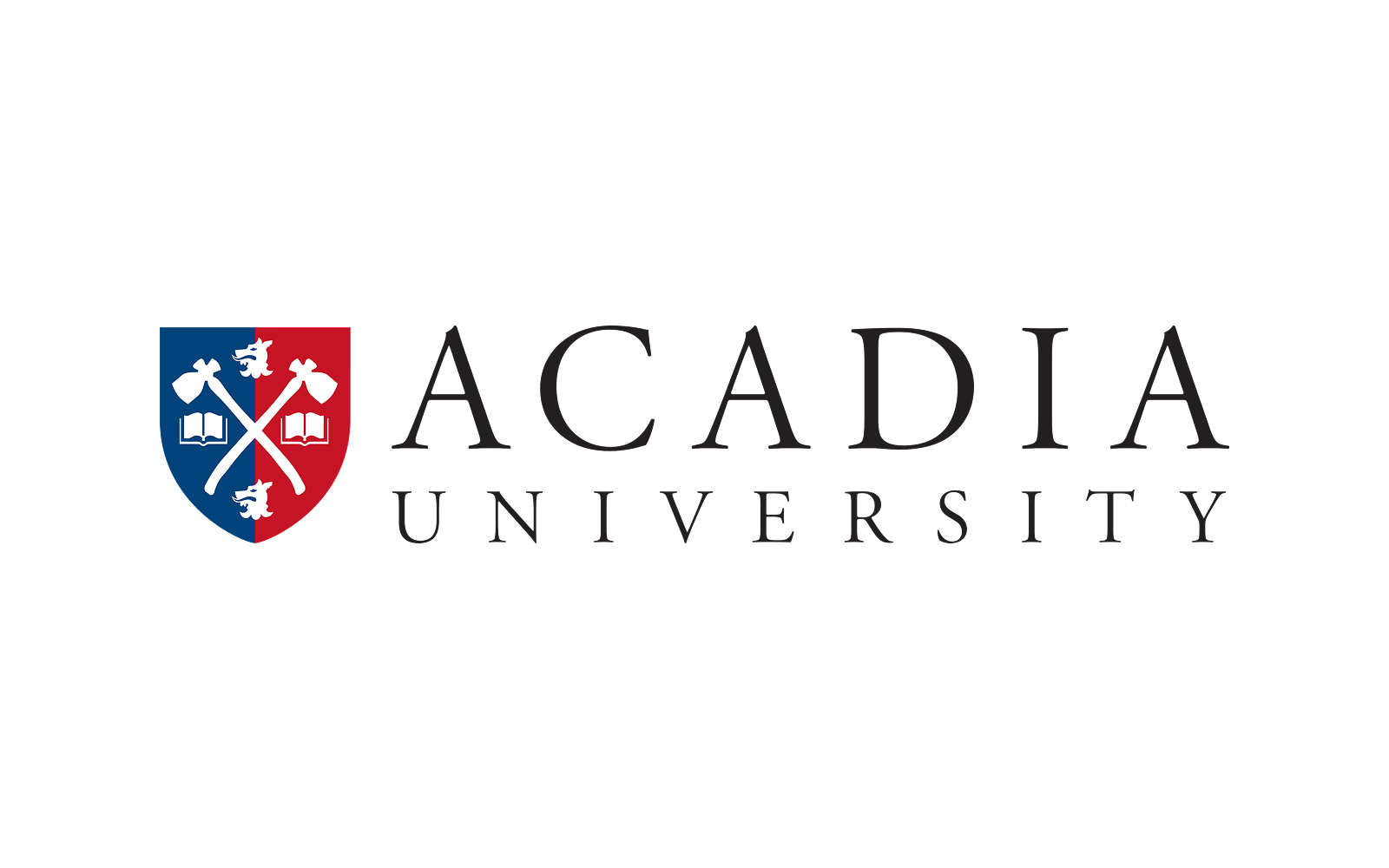Feasibility and Impact of Virtual S.M.I.L.E. on physical literacy and physical activity among individuals with disabilities
Principle Investigators: Dr. Emily Bremmer (Acadia University), Dr. Roxanne Seaman (Acadia University)

Project Summary
The Sensory Motor Instructional Leadership Experience (S.M.I.L.E) program provides individuals with varying disabilities with a unique physical activity experience aimed at promoting lifelong movement through physical literacy. Each participant follows a personalized education plan, which includes water orientation, strength and endurance training, flexibility exercises, and skill-building activities focused on body awareness, spatial recognition, timing, and sport-related abilities.
Due to the COVID-19 pandemic, the program transitioned to an online format for the first time, offering small-group physical activity and social sessions through Zoom.
This study examined the feasibility of the virtual S.M.I.L.E program, its impact on physical activity and physical literacy, and participant feedback on implementation. Sixteen caregivers of Fall 2020 virtual program participants completed pre-and post-program surveys on physical activity, physical literacy, and caregiver support for physical activity. Caregivers also provided weekly checklists to assess program feasibility and adherence, with seven caregivers participating in post-program interviews.
Findings revealed that families and caregivers valued the virtual program for promoting and supporting their children's physical literacy. At-home activities created opportunities for families to engage in physical activity together. Caregivers also recognized the program's role in fostering social connections for participants and providing continuity in engagement during the pandemic.
The study highlights the importance of delivering physical literacy programs through online platforms, ensuring participants have access to home-based activities that promote regular physical activity. The findings will inform future iterations of virtual and at-home S.M.I.L.E programming and contribute to the development of virtual Special Olympics programs.
Key Messages
-
1Importance of Home-Based ProgramsEngaging in physical activity within home environments supports long-term participation and accessibility.
-
2Blueprint for Future ProgrammingThe virtual S.M.I.L.E program serves as a model for future online and home-based Special Olympics programming.

